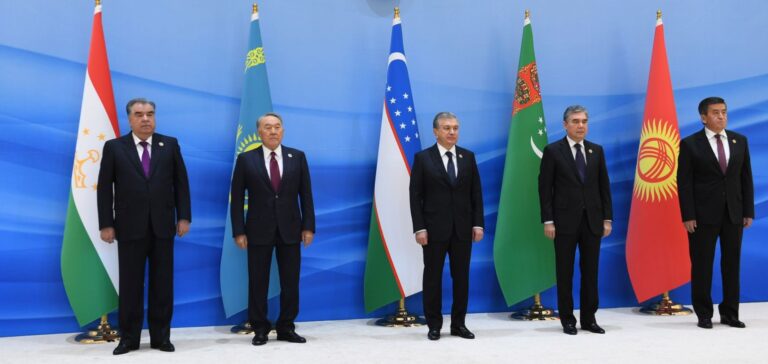The China-Central Asia Summit will be held on May 18-19 in Xi’an, China, chaired by Xi Jinping and attended by the heads of state of five Central Asian countries (Kazakhstan, Kyrgyzstan, Tajikistan, Turkmenistan and Uzbekistan). This is the first face-to-face summit between the heads of state of the six countries since diplomatic relations were established 31 years ago.
This summit is of historic importance and will open a new era of cooperation. It will strengthen China-Central Asia community building, contributing to regional and global peace, stability and development.
Closer ties over the past ten years
China-Central Asia cooperation has achieved historic and innovative results over the past 10 years. Bilateral strategic trust has reached a new level, mutually beneficial cooperation has gained new impetus and friendly exchanges have reached a new stage. The four basic principles of mutual respect, good neighborly friendship, solidarity in difficult times and mutual benefit guarantee the stable growth of China-Central Asia relations.
Central Asia was the first region where the Belt and Road Initiative (BRI) was proposed, and it has reaped the first fruits of this initiative. Major projects such as gas and oil pipelines and highways have been completed, enhancing connectivity and modernizing industries. The China-Central Asia Cooperation Mechanism, characterized by openness and mutual benefit, is a new format of cooperation between the two sides.
The China-Central Asia Summit will open a new chapter in regional relations, providing new opportunities for transformation for Central Asian countries and strengthening their influence. This summit aims to contribute to a brighter future for China-Central Asia relations and to build a community of shared future for humanity.






















